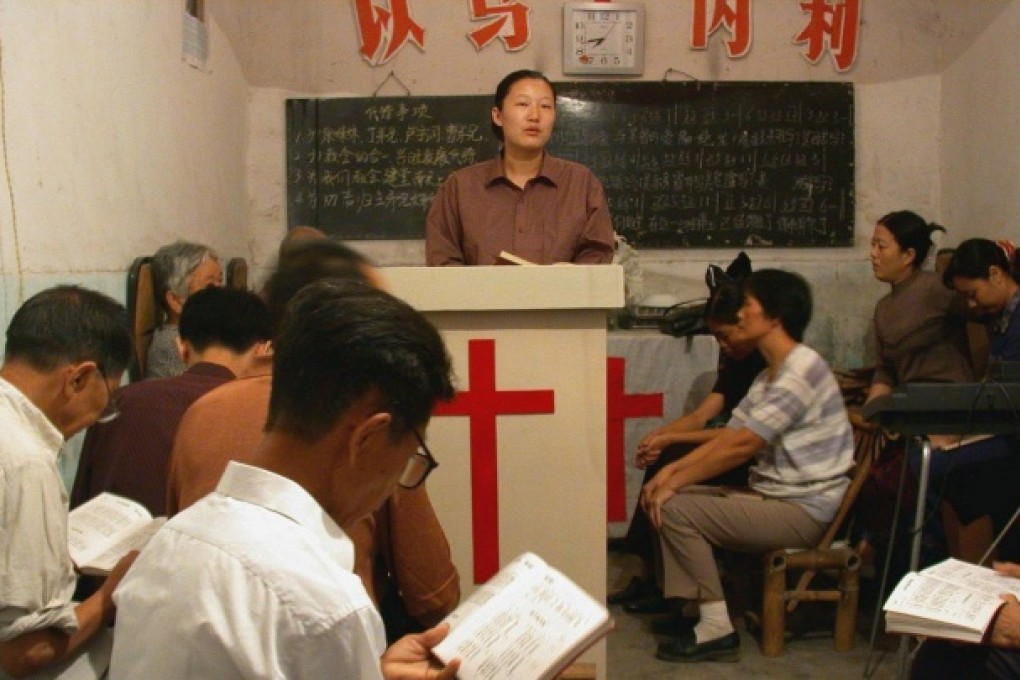Then & now: cross purposes
Many Christian missionaries in China may have had pure intentions, but their legacy remains murky, writes Jason Wordie

Chinese society - or rather, those sections of it uninfected by pious moral certitudes imported by Christian missionaries - has always been characterised by a tolerance for the often amusing and unpredictable diversity of human life. Combined with the recognition - common to both Taoist- and Buddhist-influenced outlooks - that nothing in this world is faultless and, by extension, nothing is perfectable either, amenable forbearance becomes the norm. Ideally, life is simply to be lived as harmoniously and for as long as possible.
This profoundly secular response to the world - humanism avant la lettre almost - has always militated against religious extremism. On the other hand, communism - with its manifold dogmas and consequent evils - is really 19th-century "social Christianity" stripped to its basic idealistic vision. Belief in a supernatural higher power is replaced by faith in the party and the state. Communism's worst excesses - in China as elsewhere - were manifested under the Utopian banner of creating a heaven on Earth. After all, what was the Hundred Flowers Campaign of 1956 but the Inquisition of a modern era?
Christian missionaries were guaranteed entry to China by mid-19th-century "unequal treaties" and, under foreign rule, Hong Kong became a convenient base for many religious organisations. To contemporary observers, unsurprisingly, these proselytisers seemed to differ little from hawkers of Manchester goods (essentially cotton goods - and so-called because many of them were spun in Manchester, England), opium, tobacco and kerosene. By treaty, converts were guaranteed protection from official Chinese interference. Foreign consuls tended to take their side in disputes, which undermined Chinese legal authority; and so converts were only partially subject to their own national laws.
Individual missionaries - medical ones in particular - were often greatly beloved, and decades after their deaths their memories remain revered in the districts where they lived and worked. But the missionary legacy remains profoundly equivocal nevertheless.
Sir Robert Hart, the British head of the Chinese Imperial Maritime Customs Service for some decades, noted the missionary's ultimately demoralising message more than a century ago. "Does it not tell the Chinese that their conduct is bad and requires change, their cult inadequate and wants addition, their gods despicable and to be cast in the gutter, their forefathers lost and themselves to be saved by accepting the missionary's teaching?" Consequent resentment and rejection of the West are not hard to fathom.
In the early 1930s, when missionary influence on the mainland was at its zenith, American journalist Hallett Abend observed: "Evangelical Christianity tends to belittle Chinese ethical, social and political standards, and is therefore 'denationalising'." Similar observations could be made today.